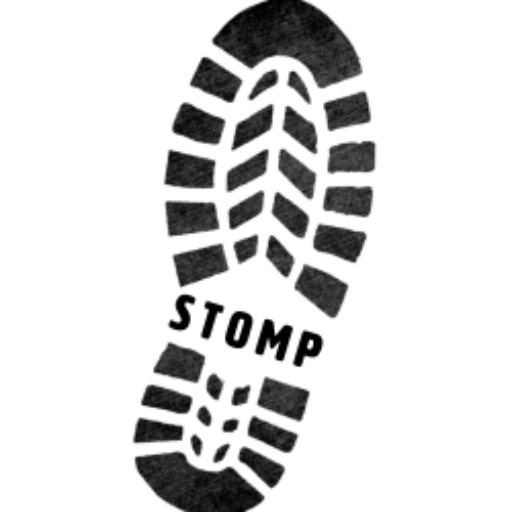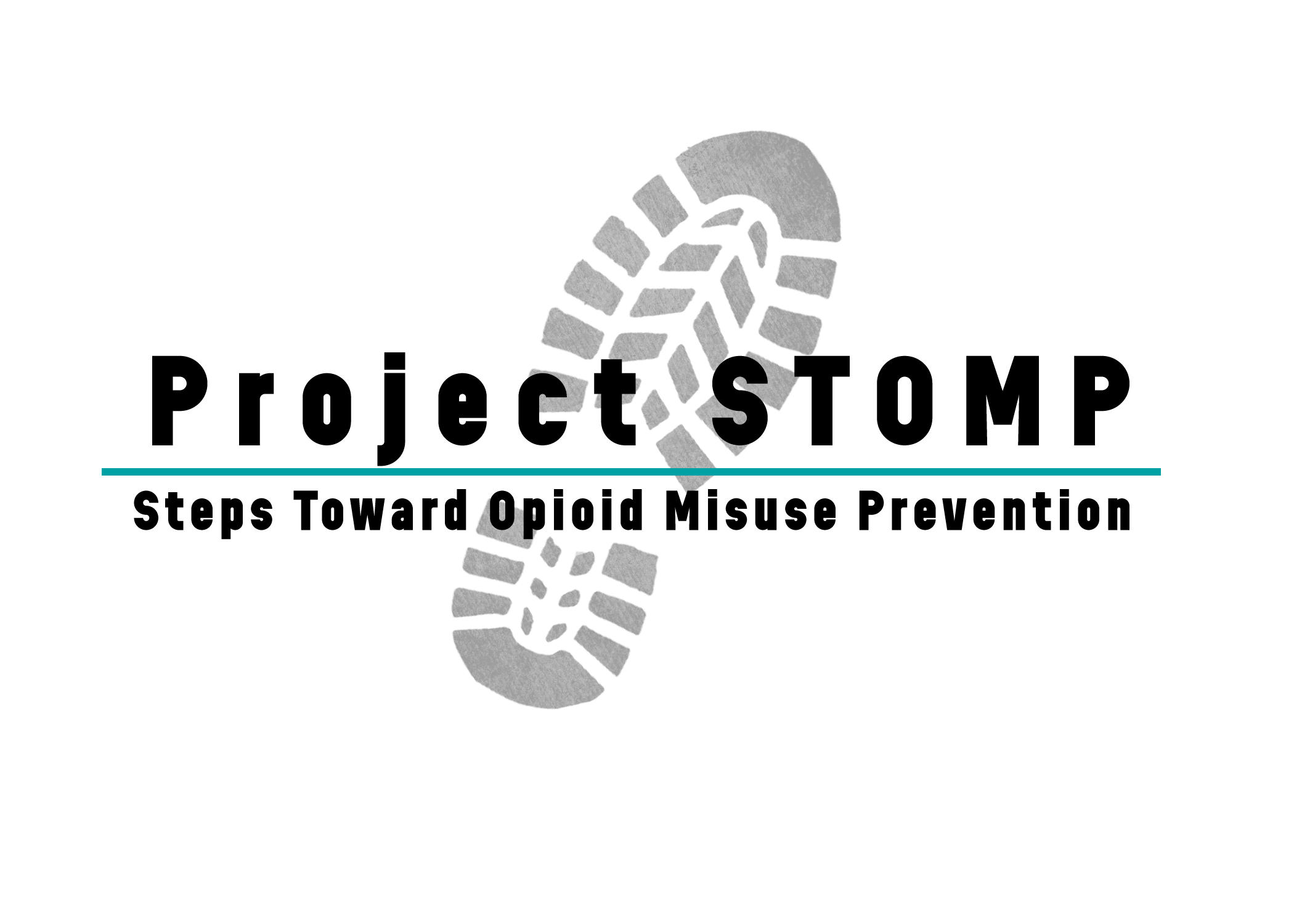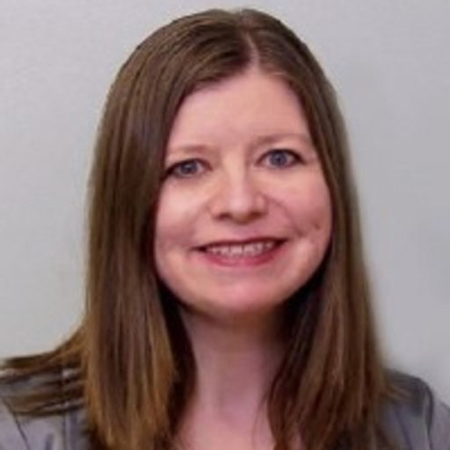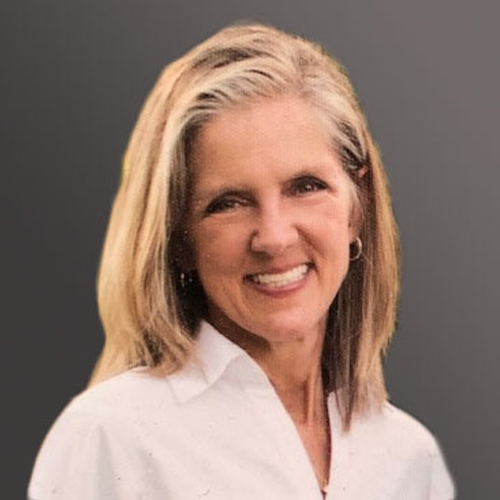What is Project STOMP?
Project STOMP (Steps Toward Opioid Misuse Prevention) offers Iowa State University County Extension offices and community partners a flexible approach to engage in substance misuse prevention strategies. Whether you are new to working in substance misuse prevention or have years of experience in this area, Project STOMP can support your efforts and help you make a difference in your community.
This unique opportunity offers free educational materials and workshops to help you:
• Disseminate awareness-building information to audiences you serve and the broader community
• Plan and engage in educational events or activities with community partners
• Implement a research- and/or evidence-based prevention program
Three steps toward prevention

Take the first step: Create Awareness & Educate
We understand that it can feel intimidating to try to address an issue that you may not know much about. And, without an established network of community partners to help you in your efforts, it can seem overwhelming. Project STOMP is here to support your work in creating prevention partnerships and to provide you with resources to implement prevention strategies in your community.
Free educational materials to share
We have taken the first step for you by selecting trustworthy educational materials that are ready to share with audiences you already serve. Even if you have no background in substance misuse prevention, you can start taking action by helping to raise awareness about this important public health issue. Check out the materials specifically designed for young people, parents, older adults, and general community members.
Free trainings and workshops
We encourage you to attend one of our training workshops for interactive learning. Bring your community partners, such as representatives from law enforcement, schools, behavioral or public health agencies, community coalitions, or other groups. Our monthly Lunch & Share Workshops address a variety of topics covered by invited speakers and showcase prevention resources that you can use to make a difference in your community. Other free trainings, such as Youth Mental Health First Aid, are also available.

Step 2: Events & Activities
If you are already engaging in awareness-building activities related to substance misuse and want to take the next step, consider planning an educational activity or event in your community. First, determine the prevention-related needs. For example, if there is a high rate of vaping or binge drinking among students in your community, these would be logical issues to address. Next, decide on the audience you would like to reach and find partners that can help you plan and promote your event. Here are a few event ideas:
- Hold a town hall and invite a speaker or panel to present on your selected topic and then hold a question-and-answer session.
- Host a movie night where attendees watch a documentary about the issue followed by a group discussion.
- Partner with your local library to hold a book group on the opioid epidemic or addiction
- Organize a trivia game with students or youth groups.

Step 3: Research- or Evidence-Based Programs
When you are ready to take the next step, we recommend implementing a research- or evidence-based program. Not sure how to go about finding one? The Project STOMP team has selected a variety of research- and evidence-based programs for you to deliver in your community. Due to limited budgets and the critical nature of this issue, it only makes sense to select a program that we know can create positive impacts for youth, families, and communities. We encourage all Project STOMP affiliates to consider whether you or one of your community partners might be ready to get trained in and deliver one of these programs. Contact us to learn more about the program options and the support available to help you get started with it in your community.
Have a question?
Contact us to learn more about this initiative and to help you decide which step might be a good fit for your community.





